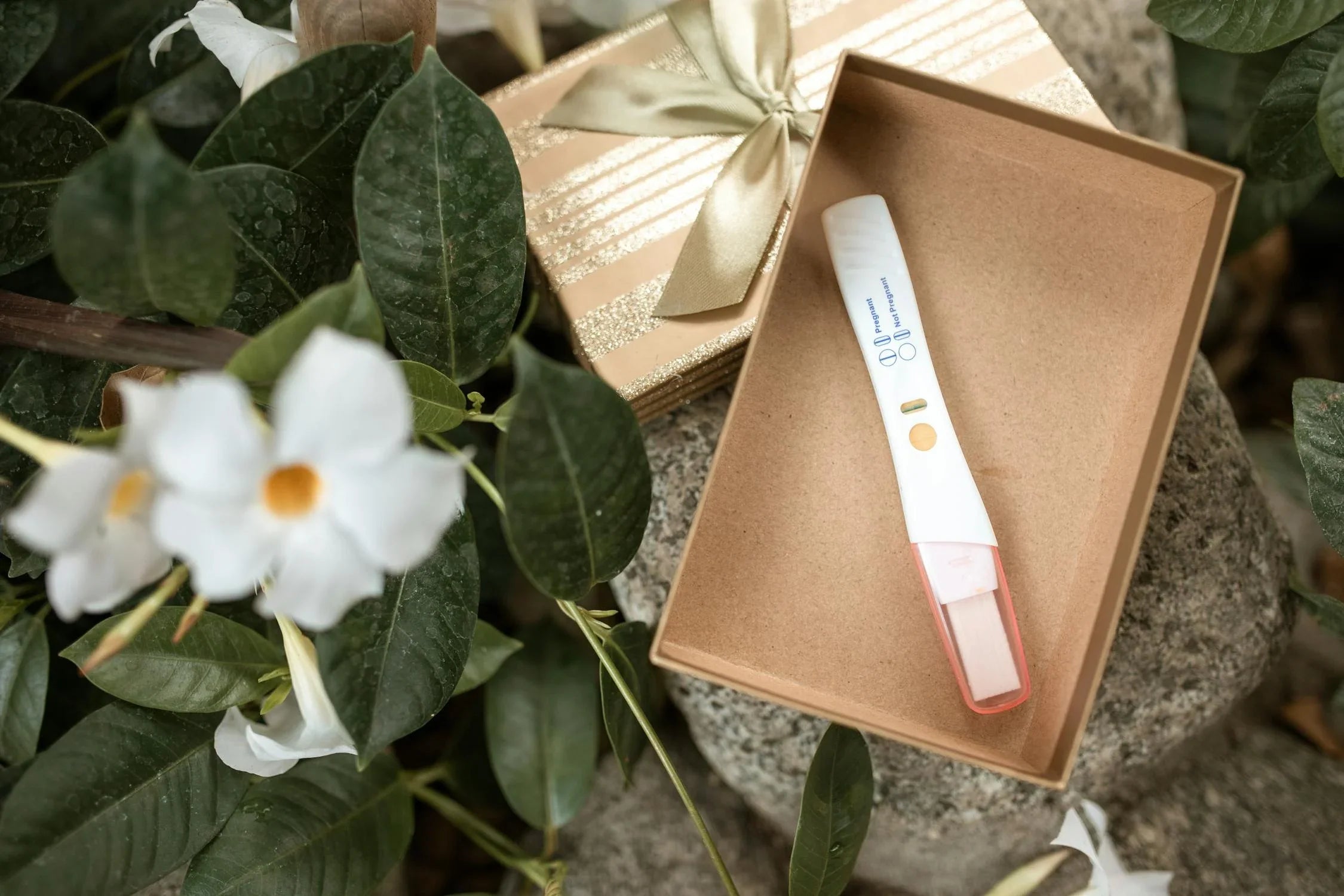Accueil
Pregnancy, Breastfeeding, and Pumping: The Ultimate Guide for Moms
Can I Take a Pregnancy Test One Week After Intercourse?

Can I Take a Pregnancy Test One Week After Intercourse?
If you're asking yourself, 'Can I take a pregnancy test one week after intercourse?' you're not alone. Many women find themselves in this situation, eager to know whether they might be pregnant. Understanding the timing and accuracy of pregnancy tests is crucial for getting reliable results. Let's dive into the details to help you make an informed decision.
How Pregnancy Tests Work
Pregnancy tests detect the presence of human chorionic gonadotropin (hCG), a hormone produced by the placenta after a fertilized egg attaches to the uterine lining. Most over-the-counter pregnancy tests are designed to detect hCG in urine. However, the levels of hCG need to be high enough for the test to register a positive result.
When Can hCG Be Detected?
After fertilization, it takes about 6 to 12 days for the fertilized egg to implant in the uterus. Once implantation occurs, hCG production begins. However, it takes a few more days for hCG levels to rise sufficiently to be detected by a pregnancy test. Typically, hCG levels double every 48 to 72 hours in early pregnancy.
Is One Week After Intercourse Too Early?
Taking a pregnancy test one week after intercourse is generally too early to get an accurate result. At this stage, even if fertilization has occurred, implantation may not have happened yet, and hCG levels are likely too low to be detected. Most healthcare professionals recommend waiting until after you've missed your period to take a pregnancy test for the most reliable results.
Factors Affecting Test Accuracy
Several factors can influence the accuracy of a pregnancy test taken one week after intercourse. These include the sensitivity of the test, the timing of ovulation, and the individual's hCG production rate. Some tests are more sensitive and can detect lower levels of hCG, but even these may not provide accurate results at such an early stage.
What to Do If You're Impatient
If you're eager to find out whether you're pregnant but it's only been a week since intercourse, consider waiting a few more days. Testing too early can lead to false negatives, which can be frustrating and misleading. Instead, focus on tracking your menstrual cycle and noting any early pregnancy symptoms, such as fatigue, nausea, or breast tenderness.
Early Pregnancy Symptoms
While waiting to take a pregnancy test, you might notice some early signs of pregnancy. These can include mild cramping, spotting, mood swings, and frequent urination. However, these symptoms can also be related to other factors, so they shouldn't be relied upon as definitive indicators of pregnancy.
When to See a Doctor
If you've taken a pregnancy test after missing your period and received a positive result, it's a good idea to schedule an appointment with your healthcare provider. They can confirm the pregnancy through a blood test or ultrasound and provide guidance on prenatal care. If you're experiencing unusual symptoms or have concerns about your health, don't hesitate to seek medical advice.
Understanding False Negatives
False negatives can occur if you take a pregnancy test too early or if the test isn't used correctly. If you receive a negative result but still suspect you might be pregnant, wait a few days and test again. If you continue to experience symptoms or miss your period, consult a healthcare professional.
Emotional Considerations
Waiting to take a pregnancy test can be an emotional rollercoaster. It's important to take care of your mental health during this time. Talk to a trusted friend or partner, and consider seeking support from a counselor if you're feeling overwhelmed. Remember, it's okay to feel anxious or uncertain.
Planning for the Future
Whether you're hoping for a positive or negative result, it's helpful to think about your next steps. If you're planning to conceive, focus on maintaining a healthy lifestyle. If you're not ready for pregnancy, consider discussing contraception options with your healthcare provider to prevent future uncertainty.
So, can you take a pregnancy test one week after intercourse? While it's possible, it's unlikely to provide accurate results. Waiting a bit longer can save you from unnecessary stress and confusion. Stay informed, take care of yourself, and remember that reliable answers are just around the corner.
Partager

